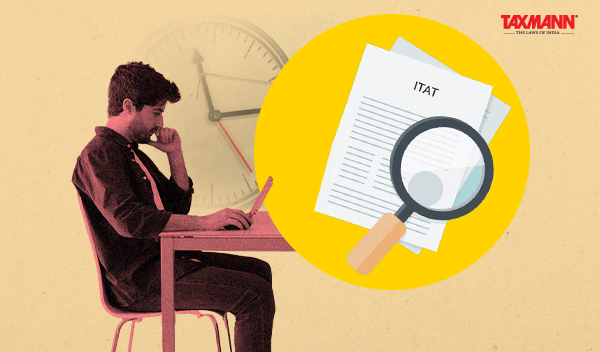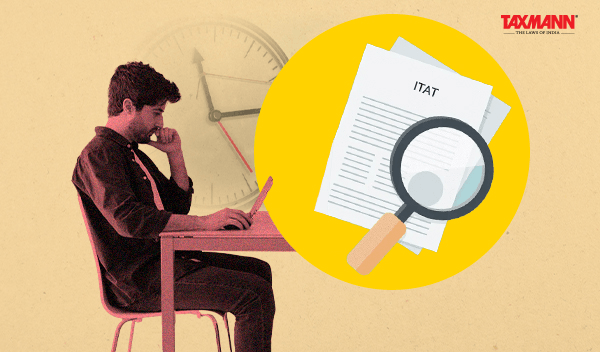
Case Details: Saligrama Rajendra Prasad Rashmi vs. Deputy Commissioner of Income-tax, CPC - [2025] 178 taxmann.com 577 (Bangalore - Trib.)
Judiciary and Counsel Details
- Keshav Dubey, Judicial Member
- Waseem Ahmed, Accountant Member
- Smt. Manasa Ananthan, Adv. for the Appellant
- Subramanian S., JCIT (DR) for the Respondent
Facts of the Case
This is an appeal filed by the assessee against the order passed by the Addl/JCIT(A), Thane, vide order dated 05/07/2024 in DIN No. ITBA/APL/S/250/2024-25/1066439047(1) for the assessment year 2018-19.
The assessee is an individual, a resident of Singapore since 2015, regularly filing tax returns in Singapore and discharging tax obligations there. In India, she has been filing returns in respect of income arising in India. For the impugned year AY 2018-19, the assessee earned salary income of Rs. 36,19,668 in Singapore. While filing the return of income in India, she inadvertently disclosed this salary as “income from other sources” and mistakenly marked in Schedule OS that no TRC was available. Consequently, the CPC, while processing the return u/s 143(1), denied the DTAA benefit and raised the demand.
Assessee claimed that the omission was inadvertent and bona fide. She promptly approached her tax consultant, who advised that rectification under Section 154 would suffice. Under the bona fide belief that the rectification would be carried out, the assessee did not pursue the appeal remedy. Being a non-resident employed abroad, she did not receive departmental notices. To her shock, when she checked the portal in January 2024, she found the demand still subsisting. She immediately engaged counsel and filed an appeal before the CIT(A), accompanied by a petition for condonation of delay along with a sworn affidavit.
However, the CIT(A) dismissed the appeal in limine, holding that the delay of 1,627 days was beyond the condonable limit. Aggrieved by the order, the assessee filed an appeal to the Tribunal.
Tribunal Held
The Tribunal held that while limitation provisions are to be applied with reasonable strictness, the settled legal position is equally clear that, in condoning delay, a liberal and justice-oriented approach is to be adopted where the cause is bona fide and not tainted with mala fides.
The assessee acted on professional advice that the rectification petition would address the issue. She was a non-resident working abroad, had little occasion to interact with Indian proceedings, and assumed in good faith that the issue stood resolved. The moment she became aware of the outstanding demand, she acted promptly and filed the appeal. Furthermore, her consistent filing of returns in India and payment of taxes on Indian-sourced income, as well as her discharge of tax obligations in Singapore, demonstrates her bona fides. A sworn affidavit has also been filed affirming the facts.
Therefore, the delay in filing the appeal is excusable, as the assessee has demonstrated sufficient cause, supported by an affidavit and consistent bona fide conduct.
List of Cases Referred to
- Sreenivas Charitable Trust v. Dy. CIT [2006] 280 ITR 357/154 Taxman 377 (Madras) (para 6)
- Eveready Industries India Ltd. v. Jt. CIT [2000] 163 CTR 523/243 ITR 540/[2003] 127 Taxman 49 (Gauhati) (para 6)
- Collector, Land Acquisition v. Mst. Katiji [1987] 167 ITR 471 (SC) (para 6)
- Rafiq v. Munshilal AIR 1981 SC 1400 (para 6), N. Balakrishnan v. M. Krishnamurthy AIR 1998 SC 3222 (para 6)
- Cognizance for Extension of Limitation, In re [2021] 127 taxmann.com 72/226 COMP CASE 127/167 SCL 99 (SC) (para 11.3)
- Improvement Trust v. Ujagar Singh (2010) 6 SCC 786 (para 16).
The post ITAT Relieves Assessee by Condoning 1627-Day Delay appeared first on Taxmann Blog.
